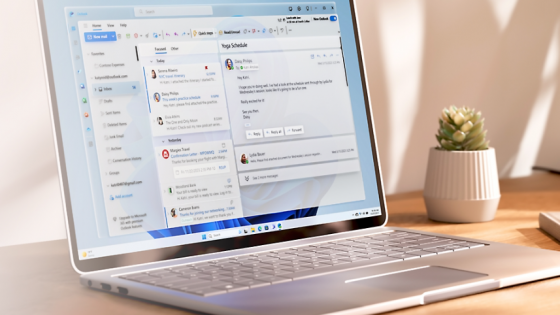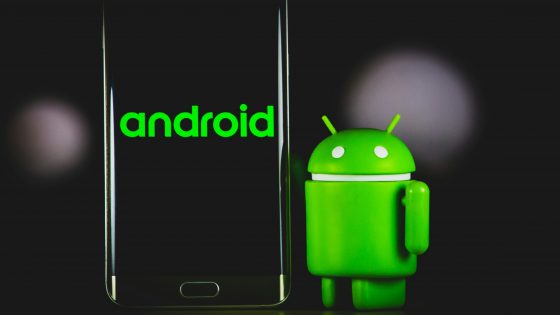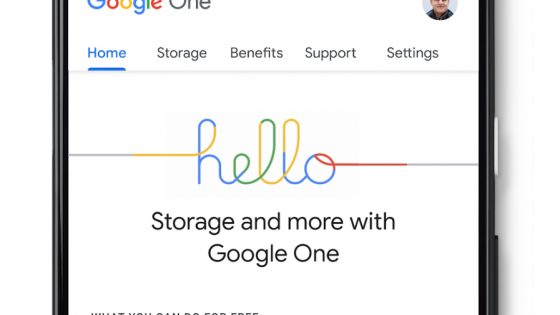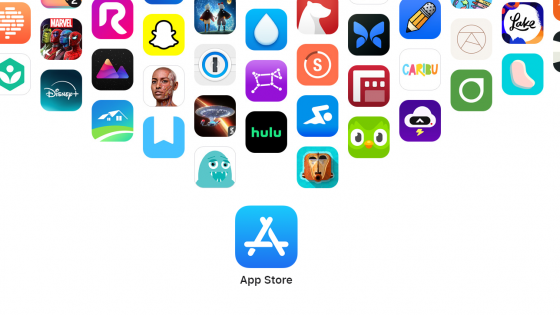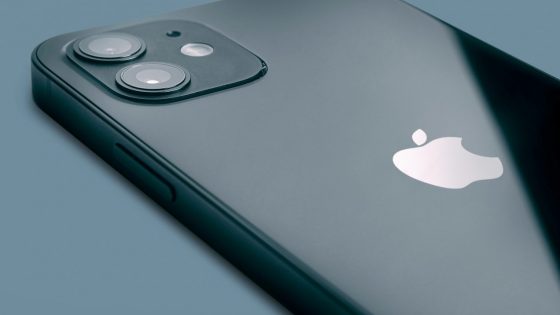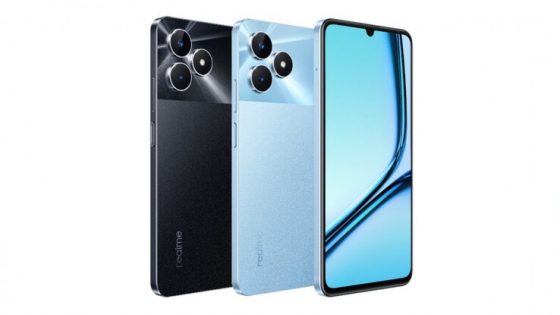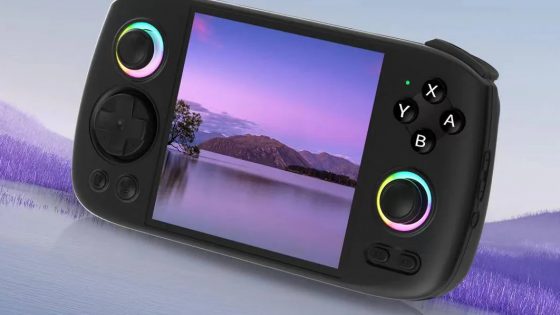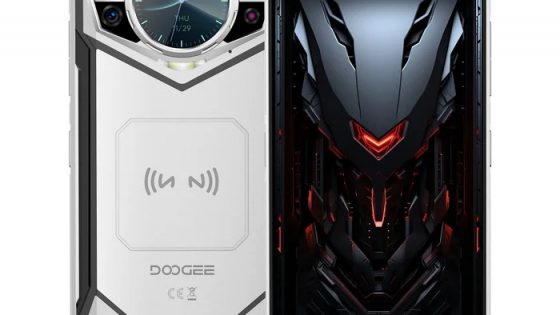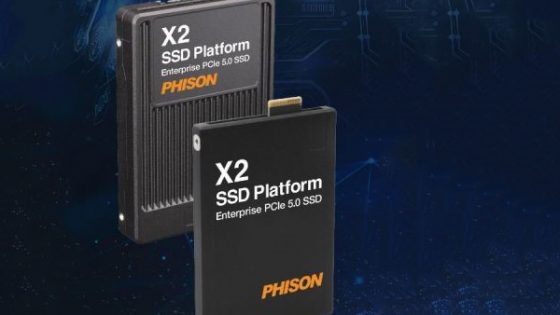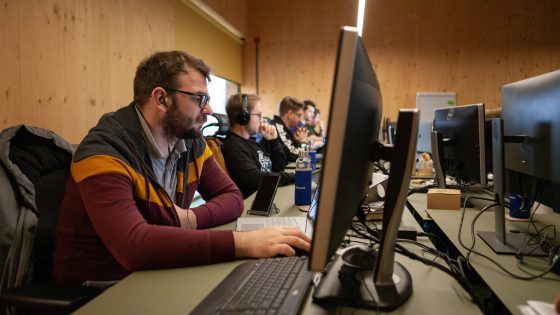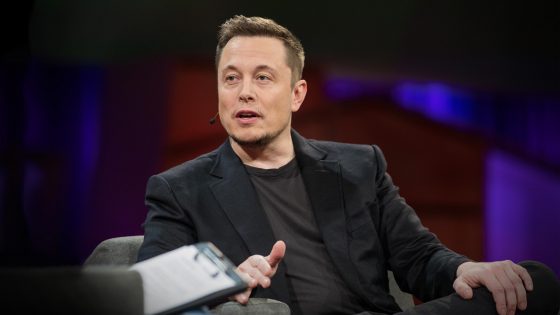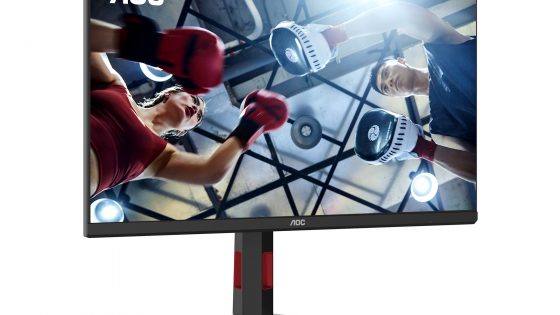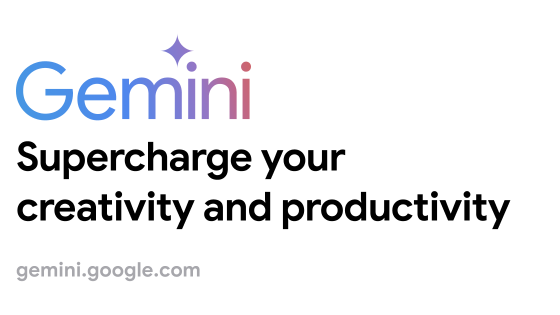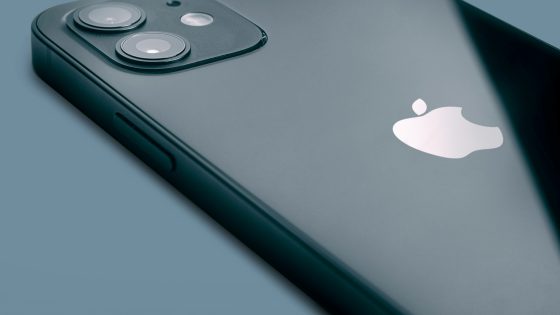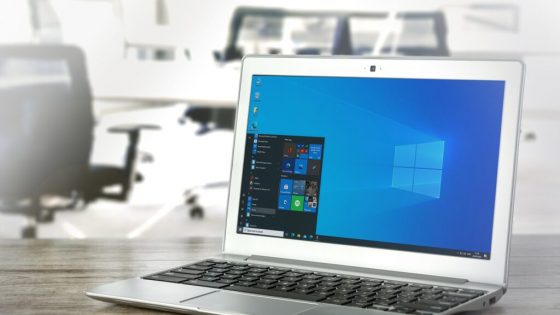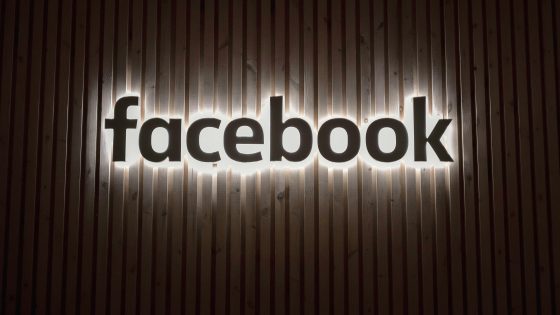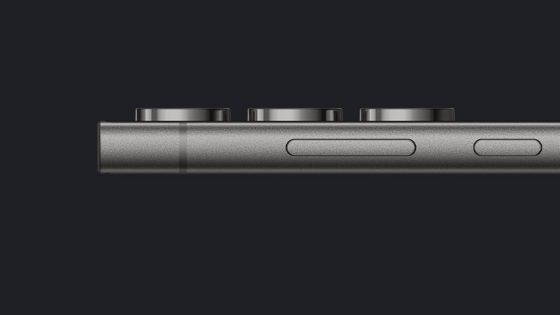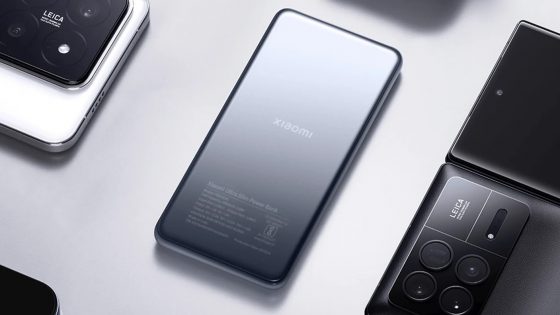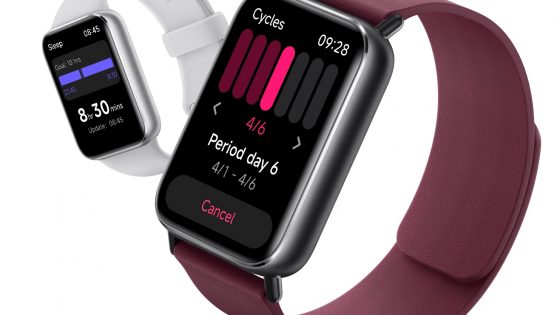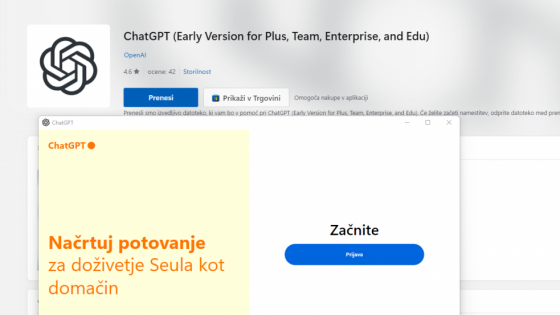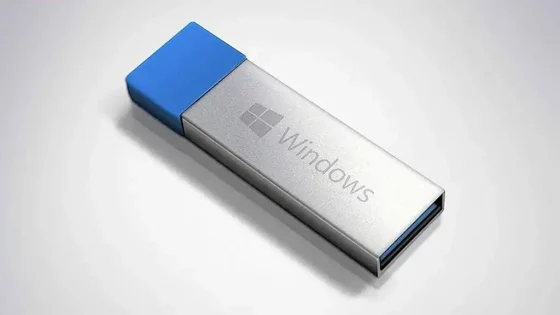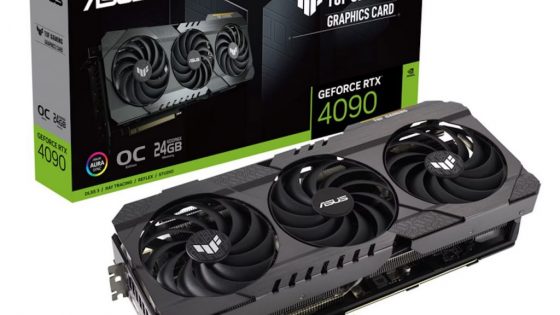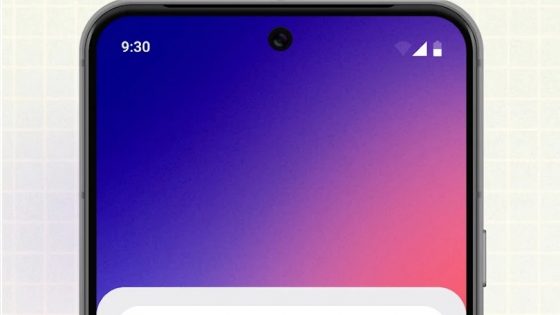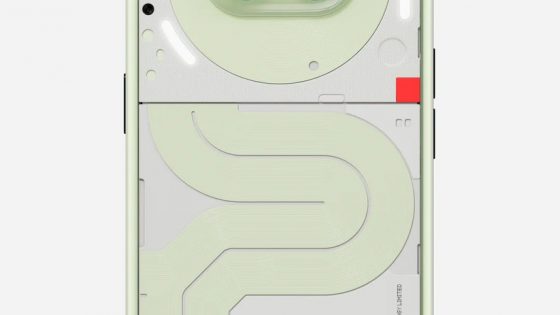ChatGPT vs. Google Bard: Who will win in 2024?
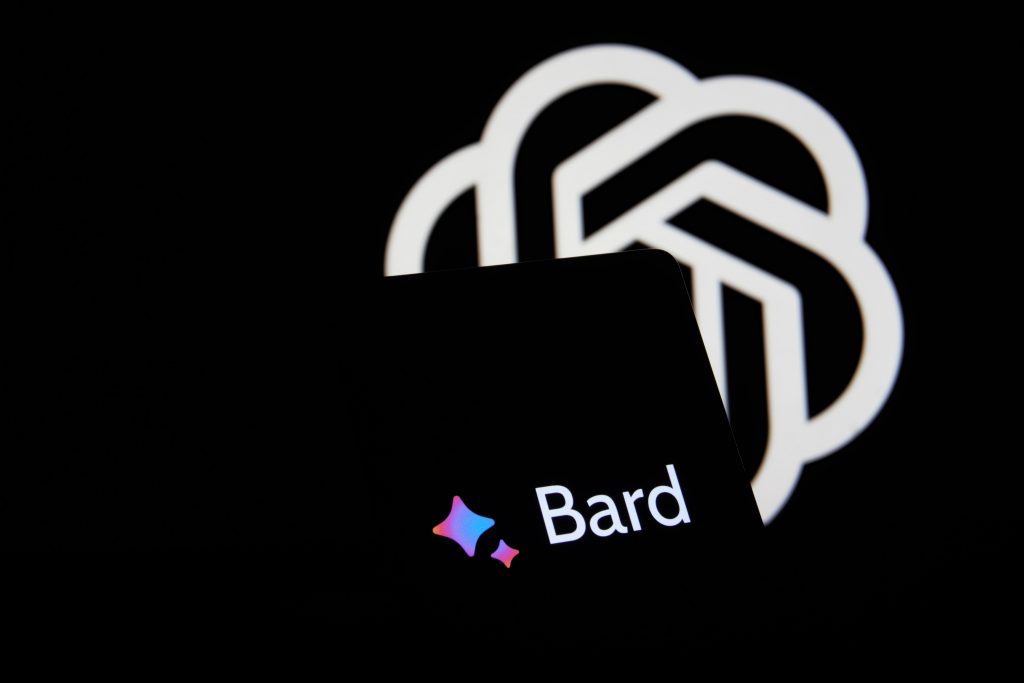
2023 was undoubtedly a watershed year for generative bots, and the technology looks set to advance even faster in the next 12 months. OpenAI and Google's Bard are currently at the top of ChatGPT - but the question is, which one will eventually take the top spot in 2024?
While we don't claim to have magical fortune-telling skills, we can look forward to what the future holds for these two major AI players built on top of Large Language Models (LLM).
We're confident that now that generative artificial intelligence is here, it won't go away and will continue to change everything from online publishing to finding new knowledge. So let's see what we can expect from ChatGPT and Bard.
ChatGPT vs. Bard
ChatGPT went live in full in November 2022, and Google Bard didn't until March 2023. Although Google has been pushing AI in its products for a long time, it still seems to be catching up with the competition in terms of generative AI.
Towards the end of 2023, OpenAI announced several new features for ChatGPT, including the ability to create custom bots. There is a key difference here though, as ChatGPT has a free and paid Plus tier, while Bard is simply free for all.
Many of the features that differentiate ChatGPT from Bard, including the ability to analyze uploaded PDFs, create custom bots, and create generative images with artificial intelligence (via DALL-E), are available exclusively to Plus subscribers who pay $20 ( approx £16 / AU$ 30) per month.
Google's own update to Bard in late 2023 came in the form of an upgraded Gemini AI model that promises faster results and even better performance than the GPT-4 that powers ChatGPT Plus. It's also worth noting that Google has been busy integrating Bard with all of its other apps.
When it comes to the basics of text and code creation, both ChatGPT and Google Bard are at a high level. Both can analyze images as "prompts" and both can access the web to get the latest information - although this is again exclusive to ChatGPT in the Plus option.
What's coming in 2024?
From all indications, AI models will almost certainly become faster in response, more accurate in their responses, and we can expect additional capabilities from them - such as the ability to create images within Bard.
Neither Google nor OpenAI has announced a roadmap for their bots, so we're a bit in the dark when it comes to new features and capabilities that might be coming.
But we know that Google is developing a whole bunch of hardware and software solutions, and that Bard will continue to touch on all of them. It's already been announced that Google Assistant will gain Bard's AI at some point in the future, although it's not entirely clear when that will happen.
As for OpenAI, after some boardroom drama, it is known that the launch of their app store is being pushed back to 2024. Google already has an ecosystem for Bard to plug into, while OpenAI is working to establish its own.
And the winner will be…
It's hard to predict whether ChatGPT or Google Bard will lead by the end of 2024, when the race for generative AI chatbots is over, but our best guess is that both will thrive in different ways.
With customized GPTs and an app store, ChatGPT is likely to find its way into more apps, more websites, and more third-party services: many people will try to build a business around AI, which will accelerate progress.
Looking ahead to 2023, we also know that OpenAI likes to be quick about adding new features. We expect it to maintain its leadership in generative AI in 2024, moving closer to creating AI that is smarter than humans – while (hopefully) safe to use.
As for the Bard app, expect it to grow in terms of reaching more users through existing Google apps and Google Accounts. This is one of the strengths that Bard definitely has, giving it the ability to be more personalized – for example, to tailor its responses based on your web searches or places you've visited, or even how you write your email.
Regardless of who comes out on top, we the users will ultimately be the winners as this AI arms race looks set to take both platforms to new heights over the next 12 months and likely much longer.



